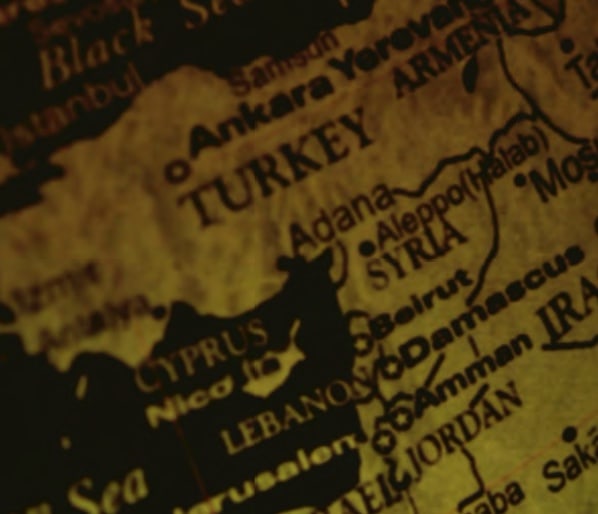MENA Higher Education Digital Pedagogies For Inclusive Teaching and Learning
The MENA Higher Education Pedagogy Report is A Collaborative Project for Designing Faculty Development in the MENA Region. The Center for Learning in Practice at the Carey Institute for Global Good, UNHCR, and the Connected Learning in Crisis Consortium have joined together to strengthen capacity in the MENA region for faculty to understand and effectively use digital pedagogies, with particular consideration for refugees. The report shows our findings and analysis after engaging faculty from Egypt, Jordan, and Lebanon to report their experiences. The project ran during the Covid-19 health crisis from June 17 to November 30, 2020.
The objective was to deliver a framework for faculty professional development, and a blueprint for action- for delivering inclusive, digitally mediated pedagogies in the MENA context, with special consideration for refugees. View and download the report: MENA Higher Education Pedagogy, Technology and the Refugee Experience.
Excerpt:
Introduction
Learning can occur without teaching—and often does—but teaching cannot occur without learning; teaching without learning is just talking.
Dr. K. Patricia Cross
In this report, we share the project findings of the Higher Education Pedagogy and Technology in the Refugee Context: The State of Play and Paths Forward in the MENA Region. What we discovered, above all, was the almost ubiquitous absence of policies, resources, guidance, and incentives to support teachers of refugees in some of their most fundamental work: course design, student assessment, student engagement, digital pedagogies, the time and tools for self-reflection, communities of practice, and data-informed teaching.
The project began before COVID-19, when the importance of digital pedagogies, particularly as a strategy of inclusion for displaced learners in higher education in the Middle East, was yet to be fully appreciated. COVID dramatically made the case. The need for a coherent set of policies, funding strategies, and programming options in every part of the higher education ecosystem to enable digital fluency become painfully apparent. Cultivating faculty capacity both inside the classroom and out will be a hallmark of post-COVID higher education. Without faculty, all other initiatives to improve student outcomes are hobbled.
The project’s overall goal is to foster access, inclusion, and academic success for higher education learners in the Middle East, particularly refugees and other displaced persons, through the effective combination of pedagogy and technology. We use the term “digital fluency” as our working definition of the competencies required for combining the two. To understand teachers’ current practice, skill gaps, resource needs, and preparation for working with refugee students, we convened a leadership team of faculty committed to these goals, focused in three countries: Egypt, Jordan, and Lebanon. Together, we developed a survey and conducted 15 workshop/focus groups (in Arabic) that included over 200 people to accomplish our key goals:
- a situation analysis
- a framework for faculty development
- a blueprint for action
Even before COVID, faculty were largely ill-prepared to meet the challenges they now face in the changing landscape of higher education. This is not because they do not want to improve their teaching, but because there are few resources in place to help them to do so. Global forces are pressuring higher education overall to become more efficient, effective, adaptable, and scalable. Specifically, there are calls for new teaching and learning paradigms, yet few incentives are in place for faculty to up-skill to meet the increased complexity of teaching.
This combination of factors particularly disadvantages refugee and displaced learners, limiting their chances of successful entry to and persistence in higher education. Nowhere is this set of conditions more acutely felt than in the MENA region, host to the largest number of refugees in the world.
We look at digital fluency in the higher education ecosystem through the eyes of the teacher. There are many actors and factors in the higher education ecosystem that facilitate or inhibit effective teaching. Our focus here is the teacher, what is needed by them and for them, with the understanding that the goal is always improved student outcomes.
Read the full report:
MENA Higher Education Pedagogy, Technology and the Refugee Experience


